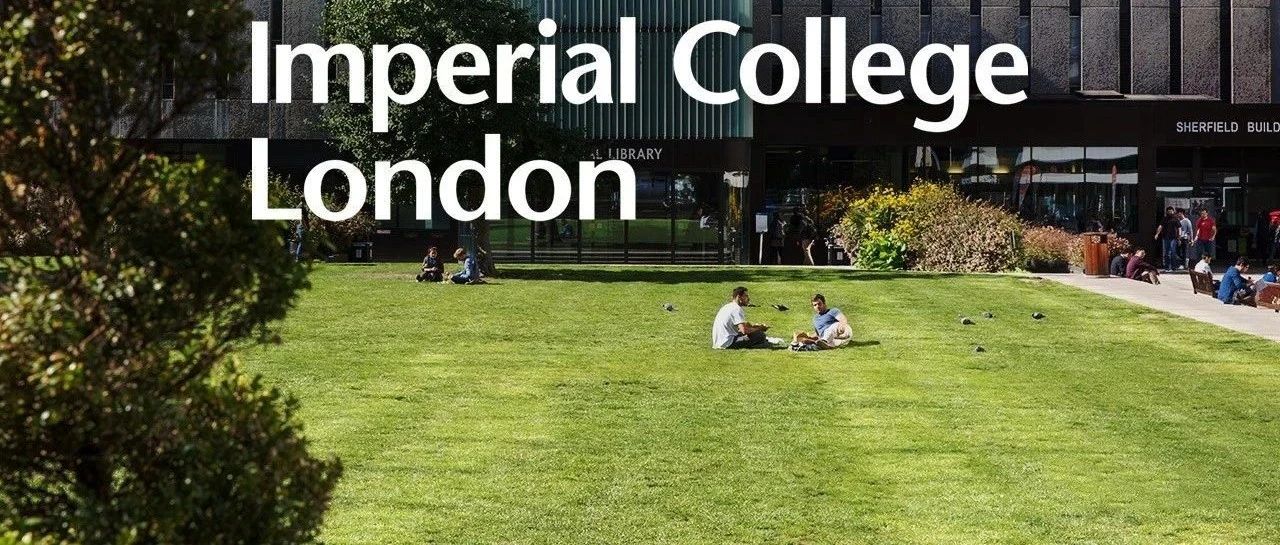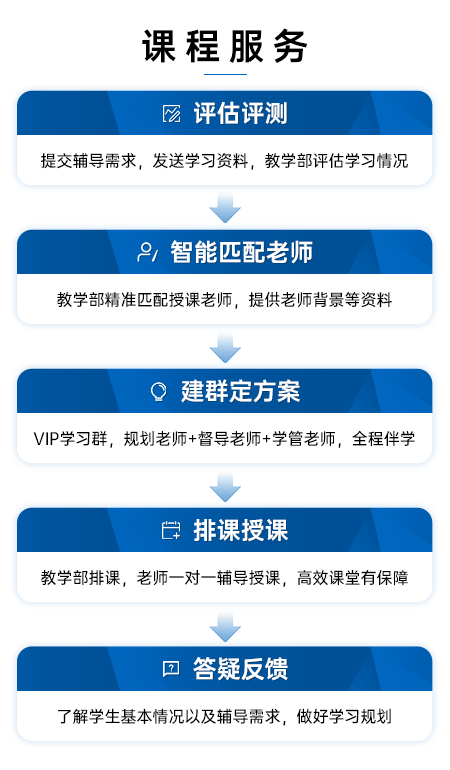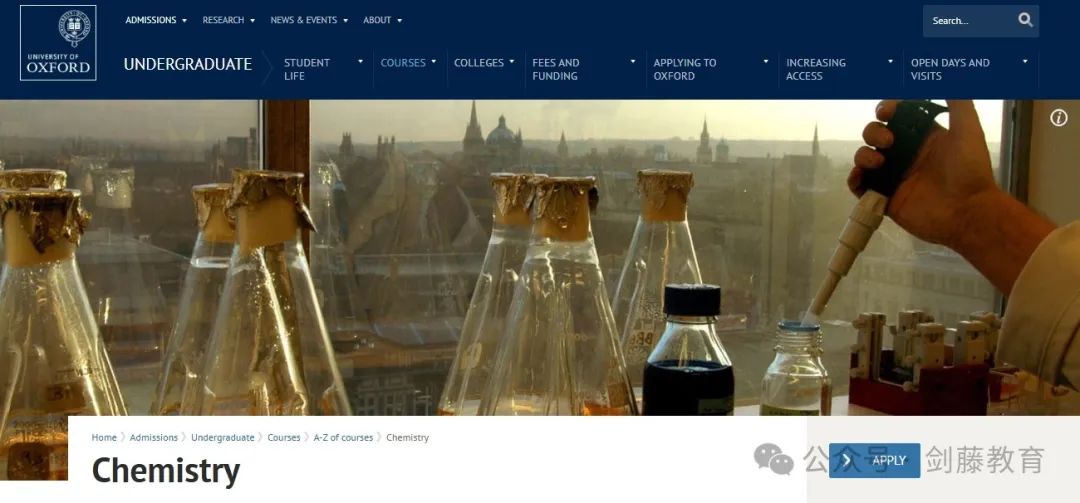本期为大家推荐洛桑联邦理工学院、哥本哈根大学最新2024岗位制博士项目信息。
洛桑联邦理工学院
STI – PhD position in the Dynamic Quantum Materials Laboratory
Center for Quantum Science & Engineering
截止时间:招满即止
博导:Professor Gregor Jotzu
Project description
In the Dynamic Quantum Materials Laboratory we generate materials with properties that can be manipulated on a femtosecond time scale. By driving solids with intense ultrashort laser pulses, we directly address collective modes and operate at the fundamental timescales governing the dynamics in a material. These light-matter hybrids with tunable properties opens up new ways to understand how order forms in a quantum many-body system.Our research lies at the interface of quantum science, ultrafast laser optics and materials engineering. Students engaged in this interdisciplinary work will benefit from collaborations with world-leading experimental and theory groups at EPFL and beyond, the Center for Quantum Science & Engineering, the Lausanne Center for Ultrafast Science and the Center of Micro- NanoTechnology.The PhD position,supervised by Professor Gregor Jotzu,aims at exploring the light-induced control of quantum magnets and their phase transitions, ultrafast dynamics of superconductors, and unconventional non-equilibrium topological phases. Experimental tasks encompass generating strong mid-infrared and THz laser pulses, as well as establishing detection techniques including ultrafast optical spectroscopy and novel magnetometry in a cryogenic environment.
Admission requirements
Candidates should be highly motivated for cutting-edge experimental research, demonstrating both teamwork and independent initiative.
A solid background in physics or materials, especiallyoptics, quantum and solid state physics, is important.
Lab experience would be advantageous, particularly in areas like laser optics, cryogenics, material characterization, data acquisition or experiment control.
Effective communication in English and programming skills are also beneficial. However, the key requirement is a willingness to learn and engage in challenging research.
Please send your application todqml.app@listes.epfl.chincluding:
a comprehensive CV detailing relevant skills,
transcripts (including Bachelor’s),and
contact details for at leasttwopotential referees.
Briefly explain your interest in this specific research direction.
哥本哈根大学
PhD fellowship in Particle Astrophysics and Multimessenger Astrophysics
University of Copenhagen | Faculty of SCIENCE
截止时间:2024年4月14日
The projectThe project is part of the ERC research project “ANET,” which is financed by the European Research Council.
Start date is (expected to be)
01 September 2024or as soon as possible thereafter.
Employment as PhD fellow isfull time and for maximum 3 years.This project aims at solving one of the most urgent riddles in multi messenger astrophysics: how neutrinos affect the physics of the death of massive stars as core-collapse supernova explosions and the merger of two neutron stars or a neutron star and a black hole. Neutrinos are feebly interacting particles copiously produced in these dense sources.
Neutrinos exist in three different kinds, or flavors, and have the fascinating property of changing their flavor while propagating (flavor conversion). Because of the high density of neutrinos in the core of supernovae or compact binary mergers, flavor conversion becomes a non-linear phenomenon, whose understanding is quite preliminary. Numerical simulations buttressed by analytic diagnostic methods will be employed to radically advance our understanding within a multi-messenger framework. This project will have implications on fundamental physics, the origin of the heavy elements, as well as our comprehension of the behavior of matter at extreme densities and the physics of neutrino-dense sources.
Who are we looking for?
Highly motivated, outstanding candidates interested in research in theoretical particle astrophysics and multi-messenger astrophysics are encouraged to apply.
Our group and research- and what do we offer?
TheAstroNu groupis a part of theNiels Bohr Institute, Faculty of SCIENCE, University of Copenhagen. The AstroNu groupis based at theNiels Bohr International Academy and DARK, Niels Bohr Institute.TheNiels Bohr International Academyis committed to fostering the traditions of internationalism, interdisciplinarity and excellence in physics, which characterize the Niels Bohr Institute. It functions as a primary center for fundamental research including particle and astroparticle physics, astrophysics and gravity, condensed matter physics, quantum optics, and biophysics. Areas of research ofDARKinclude, but are not limited to: astrophysical transients, particle astrophysics, high-redshift galaxies, dark matter and dark energy, black holes, and cosmic dust.
We offer creative and stimulating working conditions in a dynamic and international research environment.The AstroNu group is committed to excellence through diversity and strives to facilitate progress of underrepresented groups in higher education careers. Ourgroup has exclusive access to some of the largest dedicated astrophysics computing resources in Scandinavia, including a general-purpose high-performance computing cluster.
Principal supervisoris Professor, Irene Tamborra, Niels Bohr Institute,tamborra@nbi.ku.dk, Direct Phone: + 4535333227.
Qualifications needed for the regular programmeTo be eligible for the regular PhD programme, you must have completed a degree programme, equivalent to a Danish master’s degree (180 ECTS/3 FTE BSc + 120 ECTS/2 FTE MSc) related to the subject area of the project, e.g. Physics or Astrophysics.
Responsibilities and tasks in the PhD programme
- Carry through an independent research project under supervision
- Complete PhD courses corresponding to approx30 ECTS / ½ FTE
- Teaching and knowledge dissemination activities
- Write scientific papers aimed at high-impact journals
- Write and defend a PhD thesis on the basis of your project
We are looking for the following qualifications:
- Relevant publications (if any)
- Relevant research experience (if any)
- MSc degree in Physics or Astrophysics with outstanding results
- Curious and creative mind-set with a strong interest in Theoretical Particle Astrophysics, Astrophysics, Multi-Messenger Astronomy
- Excellent English skills
Application and Assessment Procedure
Your application including all attachments must be in English and submitted electronically by clickingAPPLY NOW below.
Please include:
- Cover Letter, stating research interests, your motivation and background for applying for this PhD project, and (non-binding) plans for possible research projects within your PhD (max 3 pages PDF).
- Curriculum vitae including information about your education, research experience, language skills and other skills relevant for the position
- Original diplomas for Bachelor of Science or Master of Science and transcript of records in the original language, including an authorized English translation if issued in another language than English or Danish. If not completed, a certified/signed copy of a recent transcript of records or a written statement from the institution or supervisor is accepted.
- Publication list (if possible)
Application deadline:The deadline for applications is14 April 2024, 23:59 GMT +2.
We reserve the right not to consider material received after the deadline, and not to consider applications that do not live up to the above mentioned requirements.
以上就是本期分享的所有内容了。












